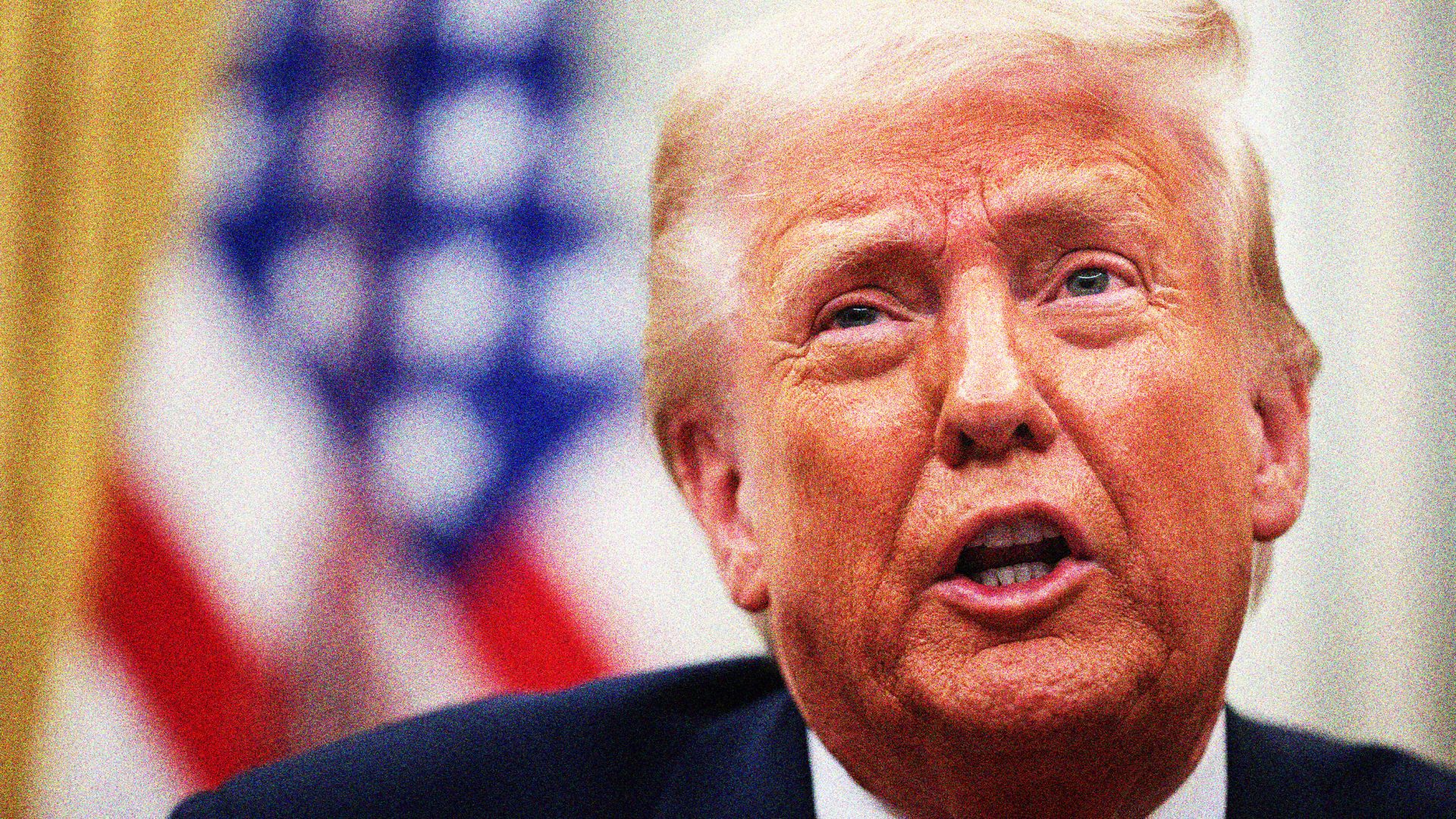No “free trade without free speech” has been the mantra from the Trump administration, as the president plunges the world into a tariff war. As their stock market valuations tumbled, the titans of America technology are probably feeling a bit shortchanged from the pact they made with The Donald.
Instead of Europe cowering, and offering to scrap its online safety regulations in return for some chlorinated chicken and cheap Chevrolets, the European Commission is digging in. The UK must not be tempted to triangulate, and trade away digital regulation that was designed to keep people safe, protect fair competition, and safeguard user privacy.
In 2020, the Trump administration proposed that a UK/US trade agreement should exempt American tech firms from our regulations. This was rightly rejected by the then trade minister Liz Truss, and the government now should make clear it will not compromise on online user safety.
The idea that digital regulation is an attack on free speech is also a myth, largely perpetuated by the allies of the big tech companies. The internet safety regimes in countries like the UK and Australia, as well as that of the European Union, have rightly been designed to make the social media platforms liable for illegal activity that is hosted and promoted on their services.
On April 15 it will be a year since a brutal stabbing attack at the Christ The Good Shepherd church in Wakeley, Sydney, left three people injured, including Mari Emmanuel, a bishop in the Assyrian Orthodox Church, who was delivering his sermon at the time. As Emmanuel used social media to live stream his services, footage of this attack was soon available on major platforms around the world.
The police regarded this as a terror-related incident, and Australia’s online safety regulator, the eSafety commissioner Julie Inman Grant ordered that footage of the attack be removed from social media platforms. Companies like Google, TikTok and Meta complied, but Elon Musk’s X platform did not, stating that it would only geo-block the footage to make it harder to view in Australia. Musk’s company ultimately won a case in the Australian Federal Court to prevent it from having to remove the footage globally, a result which a company spokesman for X called a victory for “freedom of speech.”
Violent acts, often committed with the intention that they will be shown online, are inciting further attacks leading to even more lives being lost. In January this year, a court in Liverpool heard that the Southport attacker Axel Rudakubana searched online for videos of the knife attack in Wakeley about 40 minutes before he left home to commit the brutal murder of three young girls who were enjoying a Taylor Swift-themed dance class. That is why we need to require the major social media companies to take action against content like this being freely distributed on their platforms.
At the end of March, I spoke alongside Julie Inman Grant at the Manly Writers Festival in Sydney, where we discussed the global challenge of combatting online hate and abuse. Her personal experience as eSafety commissioner has also demonstrated how platforms like X do not promote all free speech, just that which conforms to the opinions of Elon Musk.
Julie faced a torrent of abuse from X users over the Wakeley stabbings footage, with Musk himself branding her a “censorship commissar”. On that platform, dissenting opinions are either marginalised or buried in hate and bile. This is not a healthy public square where real debate can thrive.
In the United States Congress, the Republican member of the House of Representatives, Darrell Issa, no stranger himself to campaign donations from American tech companies, has even introduced the ‘No Censors on our Shores Act’ which if passed would ban regulators like Julie Inman Grant from even entering the USA.
Australia has been right as well to push for tighter controls to prevent children using social media apps. The guidelines set by the companies themselves should prevent use below the age of 14, but we all know this system doesn’t work.
The social media firms largely use self-referencing tools which allow children to lie about their age, while at the same time gathering data about them which almost certainly reveals to the companies how old they actually are. The rising number of cases of self-harm amongst children who have been targeted with content that promotes such abuse, sometimes leading to loss of life, is totally unacceptable.
We have to make the companies take responsibility for the tools they have created, and not leave it to them to set the safety standards. The eSafety regime in Australia has delivered comprehensive industry codes for higher safety standards, and the UK’s Online Safety Act, which becomes operational this month, seeks to do the same. The determined effort of legislators and regulators is necessary now more than ever.











